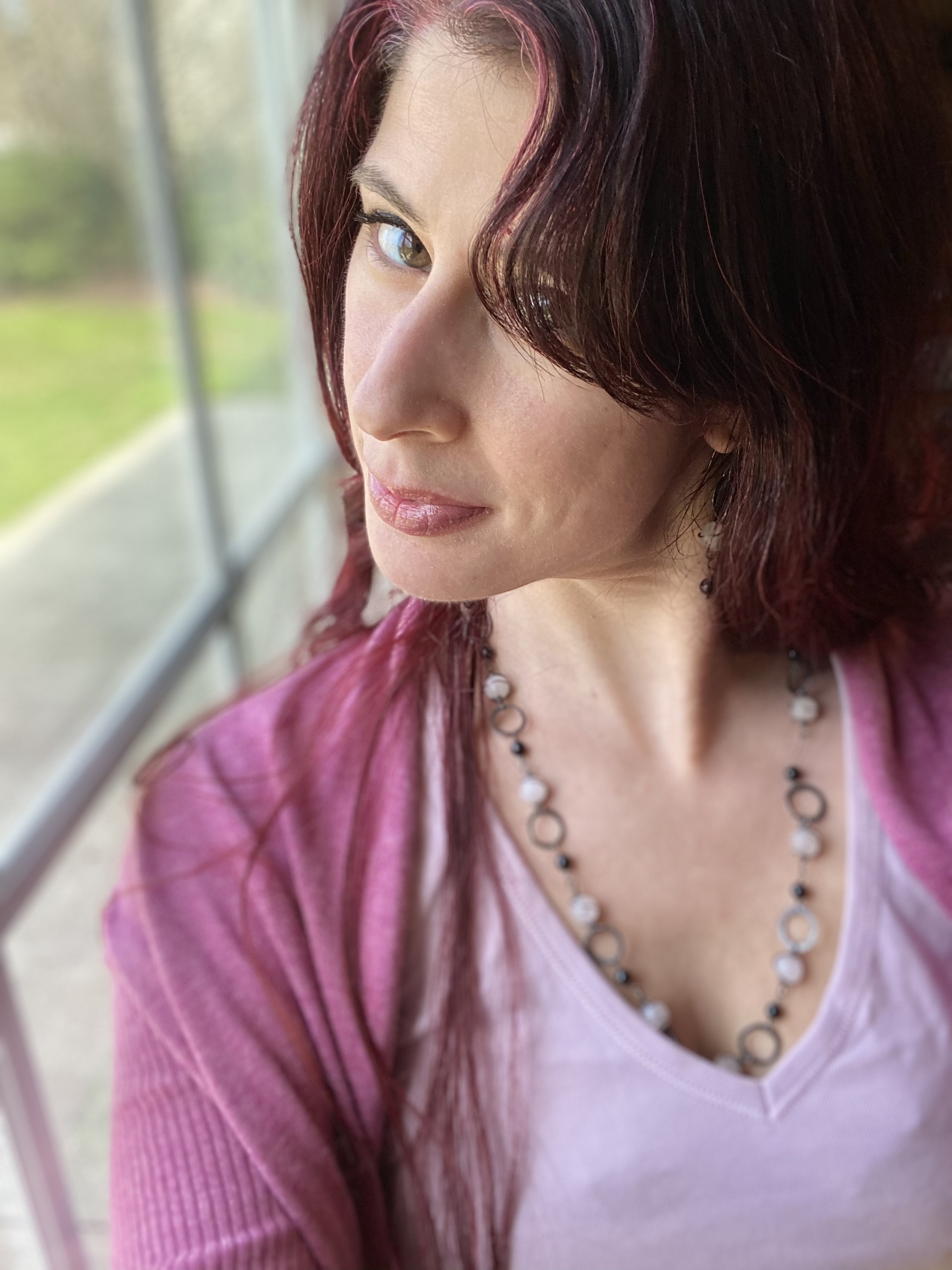Archive
In Defense of the English Language
Okay, I’ve tried to be nice. I really have. I’ve sat quietly and rolled my eyes. But nice is for chicken salads and grandmas, folks.
I’ve had it with the murder of the English language; put down your mangled, half-chewed pencils and stop stabbing at those sentences. My eyes hurt, and my soul is bleeding. Profusely. Plus, it makes you look like a bit of a dolt, when you can’t spell definitely (defiantly is a different word. Really. I promise. Would I lie to you? *fingers crossed behind back*).
Am I being elitist? Yes. Do I sound snarky? Yes. But I don’t care. I’ve had it with “im” passing as a single word. I’ve had it with “neone” instead of “anyone.” Really? Typing ONE more letter is going to make you implode? I don’t think so. Yes, we all have typos and the odd error. I’ve had those pointed out to me, and that’s fine. Hell, I’ve probably got a few typos in this entry. But I’m addressing habitual errors, not accidental faux pas. Savvy?
So, for the benefit of world at large—and perhaps what’s let of my sanity—let me explain a few things to you. (Those of you who have been reading me for a while will recognize a bit of this post. My apologies.)
- Homophones. Now, you may be looking at that word with your head cocked to one side. You may not even recognize it. Suddenly, you sound like the dad in A Christmas Story, pronouncing ‘fragile.’ Let me clarify: a homophone is a word that sounds like another word, but it isn’t. Example: wear and where. See? They sound the same, but they are not. Consequently, please learn the difference between the following:
- to, two, and too
- hear and here
- knew and new
- accept and except (no, these are not interchangeable)
- add and ad
- peace and piece
- than and then
- there and their
- where and wear
- weather and whether
…and there are many, many more, but I fear that I’ve already short-circuited a few brains. Moving on.
- The phrase is not “I could care less.” Why? Because that implies that you, in fact, could care less than you presently do. Instead, say, “I couldn’t care less.”
- “Intensive purposes” means…what? Nothing. The phrase you’re looking for is “intents and purposes.”
- “Unbeknowingly” is NOT a word. Unfortunately, it appears to be “unbeknownst” and “knowingly” shoved together.
- Just, because, you, you know, throw commas in a sentence does not mean, you know how to use them. (The meaning of this should be obvious.)
- Conversely if you are missing an important thing like commas everything becomes confusing and no one wants to read a run-on sentence.
- “Your” and “you’re” do not mean the same thing. “Your” signifies ownership (it is a possessive pronoun). Example: Is that your car? “You’re” is a contraction for “you are.” Example: You’re very interesting.
- You know, while we are at it, “its” and “it’s” convey a different meaning, too. “Its” is possessive. “It’s” means “it is” or “it has.”
- It isn’t “alot.” It’s “a lot.” Unless you actually mean “allot,” which scares me, quite frankly.
- Stop trying to make a time period possessive, or a strange contraction. Writing “1990’s” is wrong. It’s “1990s.” It indicates a span of time.
- An independent clause can stand on its own; it’s a complete sentence. Example: Grammar is your friend.
- A dependent clause is–you guessed it–dependent. Thus, it cannot stand on its own. Example (dependent is underlined): When I went to the pharmacy, I didn’t buy any Tylenol. You cannot walk up to someone and say, “When I went to the pharmacy.” It doesn’t make sense. Therefore, it’s a dependent clause; it depends on the independent clause for clarification and meaning.
- You cannot separate two independent clauses using only a comma. I know you think you can, but you can’t. Use a semicolon–or a comma with a coordinating conjunction. Incorrect example: I went to the pharmacy, I didn’t buy any Tylenol. Correct example: I went to the pharmacy, but I didn’t buy Tylenol. Or: I went to the pharmacy; I didn’t buy Tylenol.
- Than is used for comparisons. Example: Coffee is better than tea. Then has more than one meaning. It can describe a point in time (I’ll talk to you then), something that happens next (Have a cup of coffee, and then we’ll eat cheesecake), in addition (There’s reason, and then there’s accountability), and in a specific case (If you want food, then you should go to the store).
Honestly, I could go on, but I’m in dire need of more coffee. So…Good night, Westley. Good work. Sleep well. I’ll most likely kill you in the morning.
Er, wait….that’s not right. But it’s The Princess Bride. Don’t forget to say hi to Miracle Max on your way out, ok?
